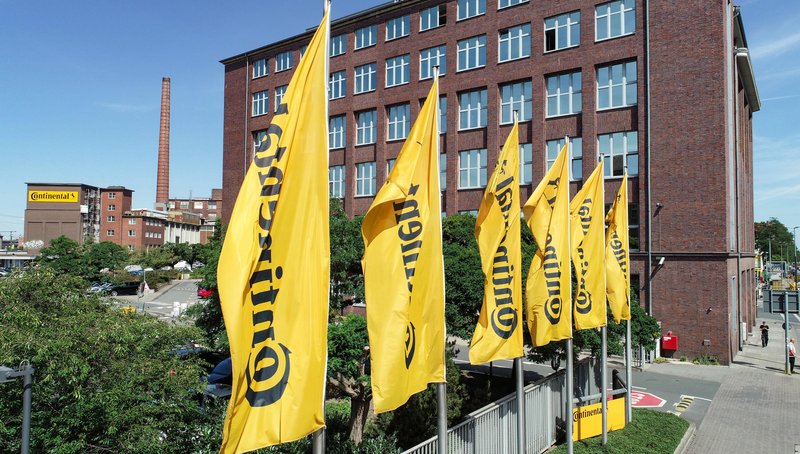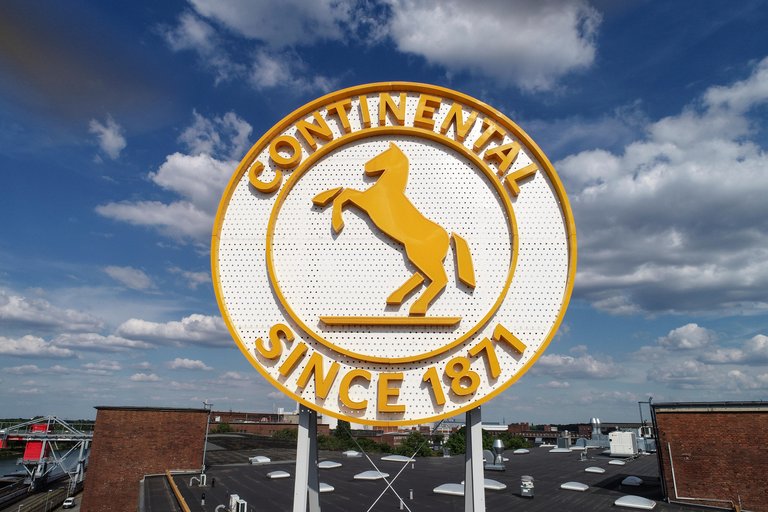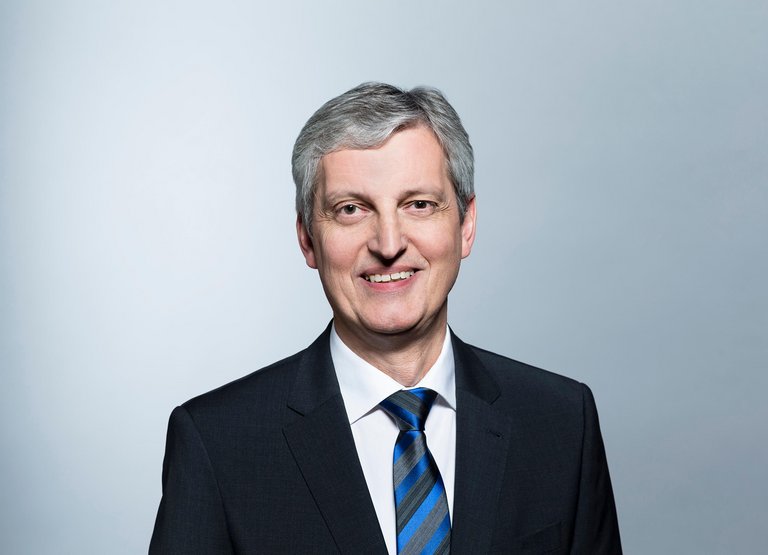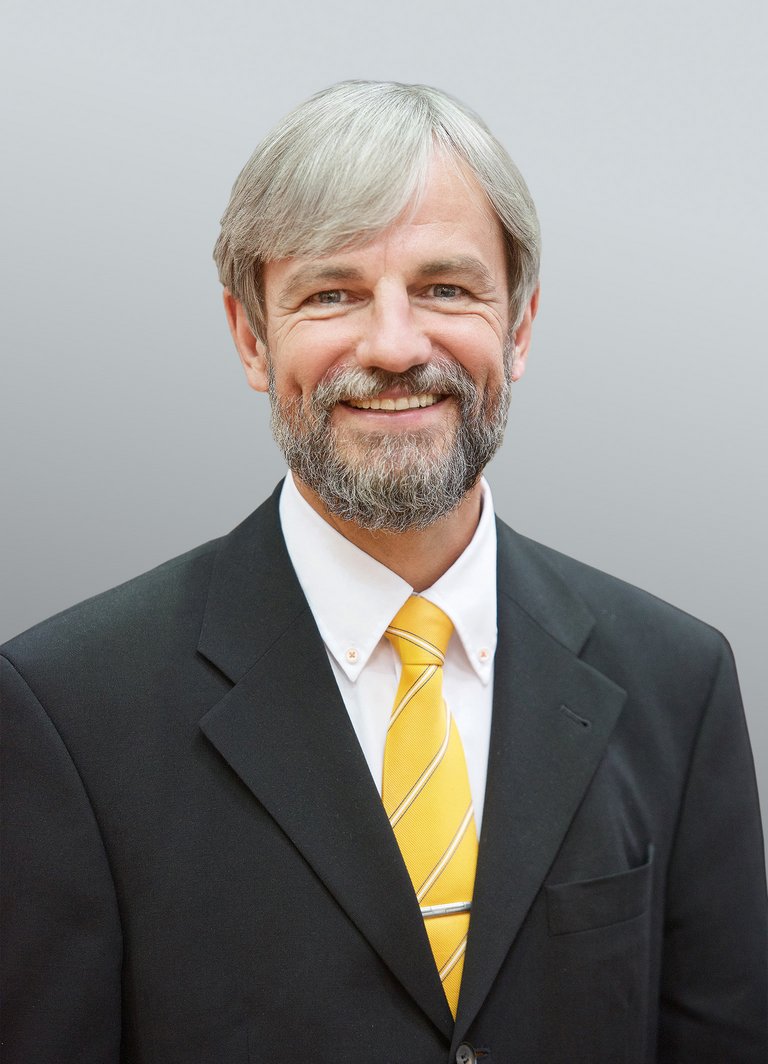Continental Significantly Expands Its Worldwide Anti-Vibration Technology Business
- Agreement reached on acquisition of anti-vibration systems business of Cooper Standard
- A new global player for anti-vibration, noise reduction and lightweight technology will be formed
- Board member Duensing: “Dieting for cars: Less weight reduces fuel consumption and extends range of vehicles.”
- Vibration control technology and noise isolation are key to making future mobility safe and comfortable
Hanover, November 2, 2018. The technology company Continental has today reached an agreement with Cooper Standard, based in Novi, Michigan, on the purchase of its anti-vibration systems business. With this acquisition, Continental is expanding its global presence for anti-vibration and noise reduction technology, particularly in North America. The agreement includes a binding offer from Continental to purchase substantially all of Cooper Standard’s anti-vibration business in France and its respective interest in the joint venture in India on the basis of which the parties view to signing an agreement in the next few weeks, once works council consultations have taken place. Completion of the acquisition is subject to the approval of the respective antitrust authorities and of the signature of the aforesaid agreement for the French business. With the acquisition Continental is expanding its vibration control activities while at the same time ensuring the perfect complement to its global automotive customer portfolio.
“This acquisition is enhancing our vibration control business and our ability to serve the automotive industry on a global basis. Weight reduction will drive future mobility, because less weight results in less fuel consumption and in fewer CO2 emissions. This increases the vehicle’s efficiency and helps to extend the range of electric and hybrid vehicles,” said Hans-Jürgen Duensing, Member of the Continental Executive Board and responsible for the ContiTech division. Additionally, less noise and less vibration increase driving comfort, which, in turn, enhances the driving comfort and the driver’s safety.
Cooper Standard has extensive anti-vibration systems expertise in North America and offers global automotive manufacturers state-of-the-art anti-vibration solutions designed to mitigate vehicle noise, vibration and harshness (NVH) as a way of enhancing ride quality and handling. The anti-vibration systems business of Cooper Standard operates five manufacturing facilities – including R&D capabilities in Canada, France, India and the U.S.A. – and employs approximately 1,000 people.
“Cooper Standard enjoys excellent expertise in material and product design knowhow, predictive component analysis, system integration and vehicle testing. We complement each other in product space and customer base, and the combined business will drive innovations in lightweight and other anti vibration products,” explained Kai Frühauf, head of Continental’s Vibration Control business unit in which the organization is planned to be integrated.
“Together we can take advantage of future technological opportunities for passenger cars and light trucks. At the same time, we add additional inhouse mixing capacities in the US with full material development capabilities,” Frühauf added. Continental has been specialized in vibration control technology and noise isolation for more than 80 years. It develops and manufactures active and passive vibration-optimized mounting components and lightweight systems for engines, transmissions and other components for enhanced safety and comfort in the automotive industry as well as in other industrial applications such as the energy economy, agriculture, railway and shipping.
Vibration Control is part of Continental’s ContiTech division. The business unit employs more than 2,600 people and operates production sites as well as development and application engineering centers at eleven locations in Brazil, China, France, Germany, Mexico, Slovakia and the U.S.A.

Wolfgang Reinert
Head of Media & Public Relations
ContiTech



